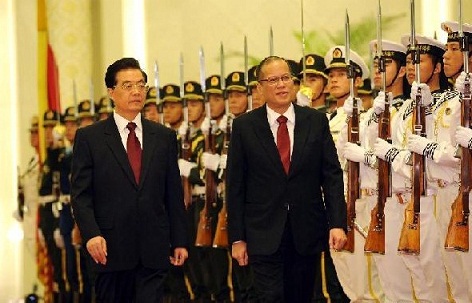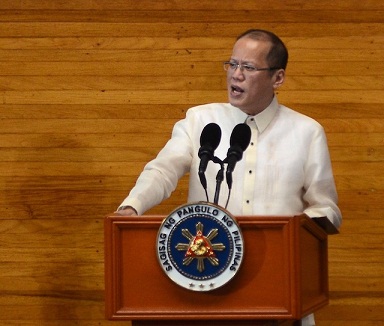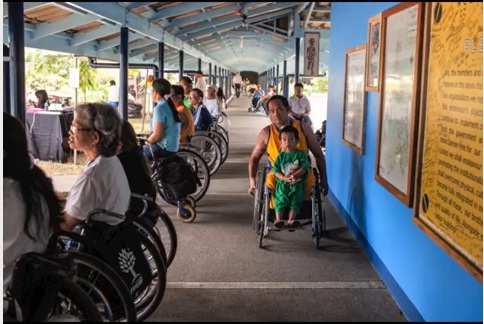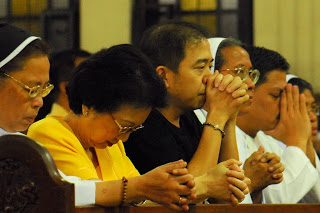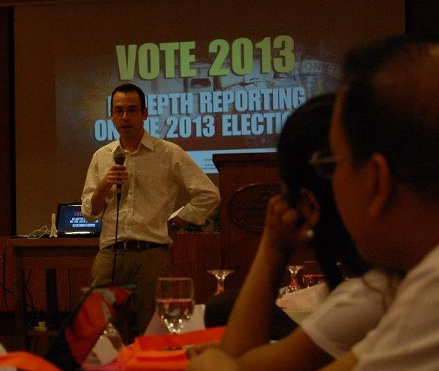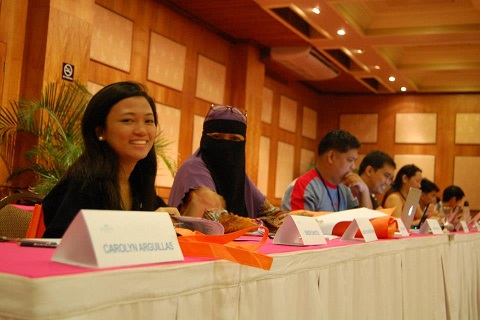By Tessa Jamandre,VERA Files
President Aquino is going on a one-day trip to China on Sept. 3 in what is seen as an effort to end strained relations with China triggered by the standoff in Bajo de Masinloc in April last year.The President has accepted China’s invitation to attend the 10th ASEAN-China Expo (CAEXPO) to be held in Nanning, capital of Guangxi Zhuang Autonomous Region, from Sept. 3 to 6, Malacañang and Department of Foreign Affairs sources said.
Chinese Premier Li Keqiang will receive Aquino and the special envoys of the other nine ASEAN countries. Aquino will also attend a forum with Chinese businessmen.
The Philippines is the “country of honor” at this year’s Expo. It is a tradition that the president of that country attends the international trade fair.
Last year, when Myanmar was the country of honor, the Philippines was represented by Interior and Local Government Secretary Mar Roxas. He was received by then Vice President Xi Jinping, who is now president.
This year’s CAEXPO was originally set on Sept. 20-24 but was moved to accommodate Premier Li’s schedule.
Aquino first last visited China in 2011 where he met with outgoing Chinese President Hu Jintao on August 31 and former Premier Wen Jiabao September 1.
A bilateral meeting with President Xi was sought in the sidelines of APEC last year in Vladivostok, but it never took place. Since Xi became China’s president in March, he has met with all Asian leaders except Aquino.
Once robust relations between the Philippines and China took a dip with the arrest by a Philippine Navy warship of Chinese fishermen in eight fishing boats in Bajo de Masinloc known internationally as Scarborough Shoal which is also being claimed by China in April 2012.
The arrest triggered a 57-day standoff which was broken after back-channeling by Sen. Antonio Trillanes IV and behind-the-scene efforts of the United States.
At the height of the standoff, there were some 80 ships in the shoal 130 nautical miles from Zambales. Three Chinese ships control the area which has become inaccessible to Filipino fisherman.
The Philippines in January filed a suit with the United Nations Arbitral Tribunal, the only country to have haled the Asian superpower into a UN court, questioning the legality of China’s nine-dash-line map which covers the whole South China Sea and encroaches on the territories of other countries.
The Philippines and China, together with Brunei, Malaysia, Taiwan and Vietnam have conflicting claims over islands in Spratlys in the South China Sea.
Of late, Aquino and Foreign Secretary Albert del Rosario have noticeably toned down their anti-China rhetorics.
(VERA Files is put out by veteran journalists taking a deeper look at current issues. Vera is Latin for “true.”)
